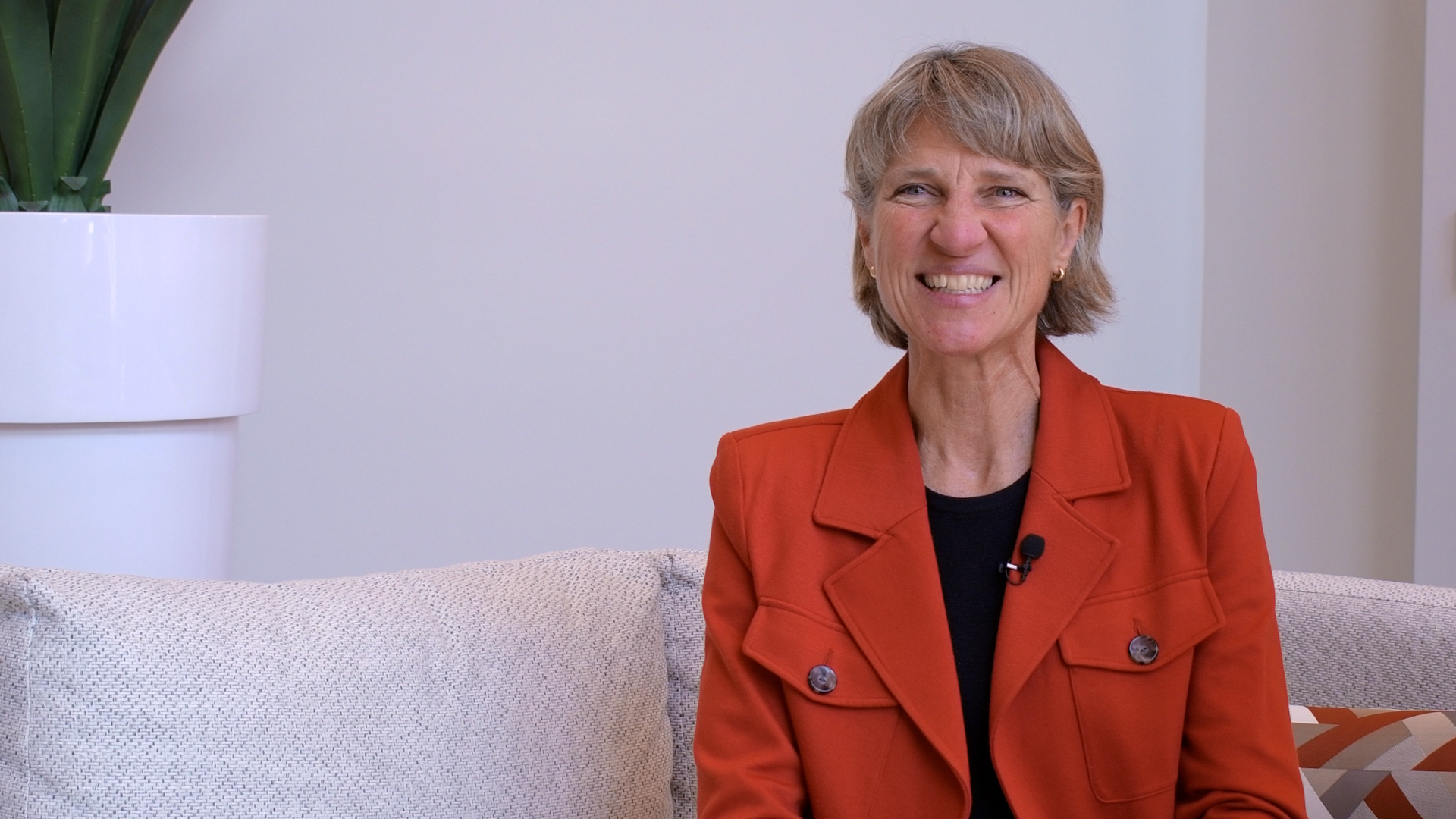New NSF-Funded Program to Prepare High School Math Teachers as Master Teachers in 6 High-Needs School Districts in NC

April 22, 2019, Update: Since the N.C. High School Master Teacher Fellows Program was originally announced April 3, 2019, the public school districts involved with the program have changed. The seven public school districts involved as of April 22, 2019, are Cabarrus County, Mount Airy City Schools, Rockingham, Moore County, Wayne County, Hoke County and Iredell-Statesville Schools.
RALEIGH, N.C. — The NC State College of Education will help strengthen the leadership skills and instructional practices of 20 high school mathematics teachers in six high-needs public school districts in North Carolina through a new program funded by the National Science Foundation.
As part of the North Carolina High School Master Teacher Fellows Program, 20 math teachers will develop into master teachers who impact over 15,000 students in Cabarrus, Edgecombe, Mount Airy, Rockingham, Sampson and Wayne school districts.
“The goal of the program is to prepare high school mathematics teachers to be leaders and mentors in their schools and districts and within the state of North Carolina,” said Dr. Karen Hollebrands, Alumni Distinguished Undergraduate Professor at the NC State College of Education and principal investigator on the project.
Over five years, the participating teachers will
- either earn an online graduate certificate in mathematics teaching and learning or complete a master’s program;
- attend a week-long summer professional development institute each year;
- work collaboratively to apply for National Board Certification;
- complete a mentor training program; and
- attend and present at mathematics teaching conferences.
NC State will receive $1.8 million over five years from NSF to establish and support the program. Through the grant, participating teachers will receive salary stipends. If they complete and earn their national board certificates, they will also receive a salary increase that will continue beyond the funded years of the projects.
“One cause of teacher shortages, especially in mathematics and high-needs districts, is the few number of people entering the teaching profession; another cause is the number of experienced teachers leaving the profession,” Hollebrands said. “An additional goal of the project is to retain highly qualified experienced mathematics teachers.”
Working with Hollebrands on the project are Dr. Erin Krupa, an assistant professor of mathematics education who serves as co-PI, and Dr. Molly A. Fenn, associate teaching professor in NC State’s College of Sciences. Dr. Cyndi Edgington, assistant teaching professor of STEM education, and Dr. Erin Horne, teaching assistant professor and director of professional education with NC State Education, serve as senior researchers.
Krupa said: “To support student engagement and learning, we have created a strong program to develop mathematics teacher leaders that are continually improving their mathematics instruction and leadership skills in their local contexts.”
Additionally, the project will investigate how participation in a program like the N.C. High School Master Teacher Fellows Program influences teachers’ effectiveness as mathematics teachers and teacher leaders, as well as examine the institutional impacts of the project on participating districts.
“Understanding how this project influences teacher effectiveness will enable us to scale up this project at the end of the five years to improve how mathematics is taught — and how new teachers are supported — across North Carolina,” Krupa said.
The Master Teacher Fellows project builds on a partnership NC State Education has established with The Innovation Project (TIP) to place highly qualified educators in high-needs school districts in North Carolina. Announced in October 2017, the TIP Teaching Scholars Award Program provides a $10,000 financial award to highly-qualified NC State Education students who commit to teach for at least two years in five high-needs school districts in North Carolina after they graduate.
- Categories:


